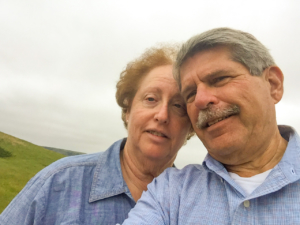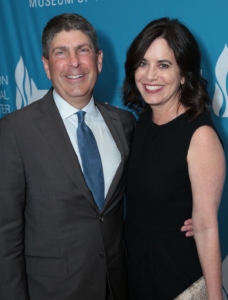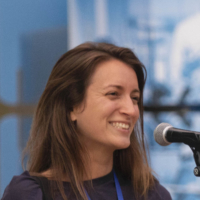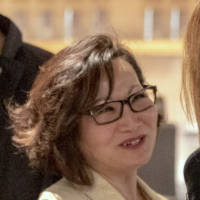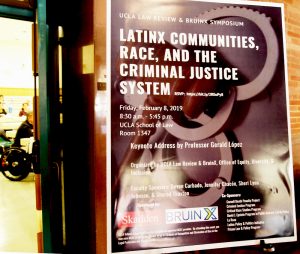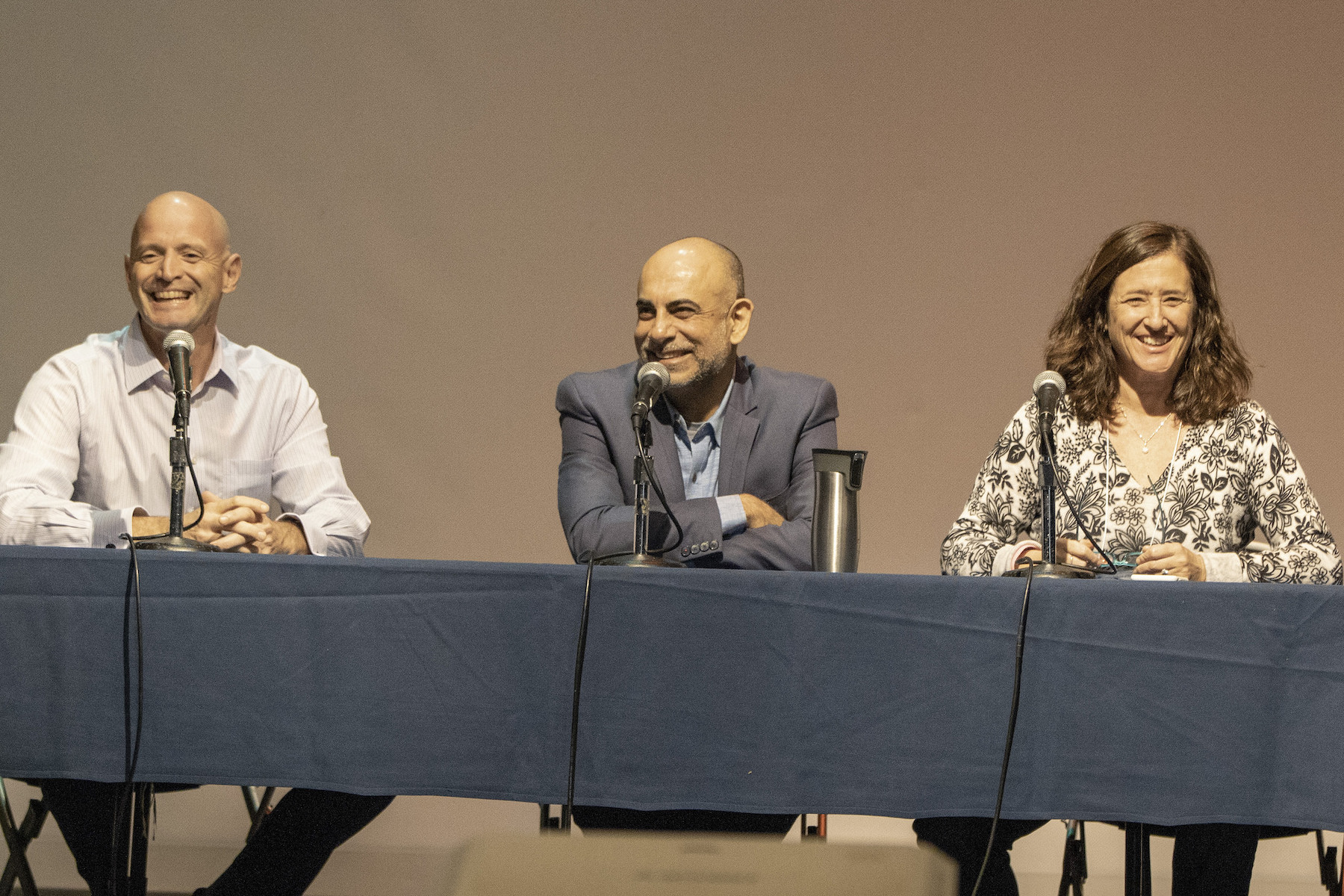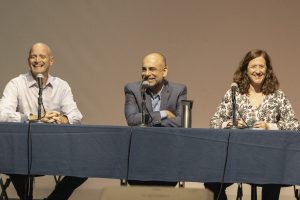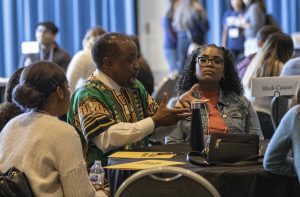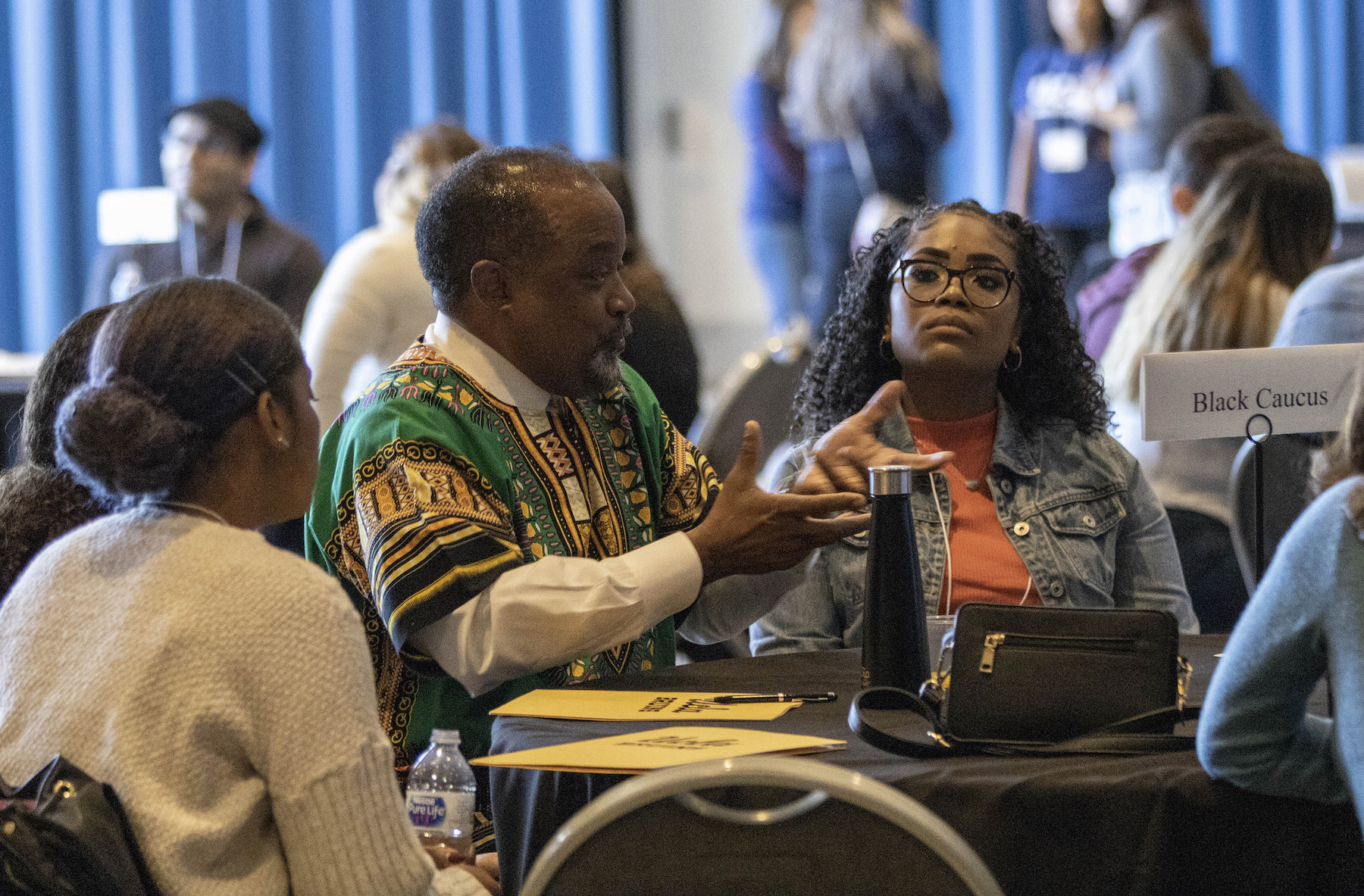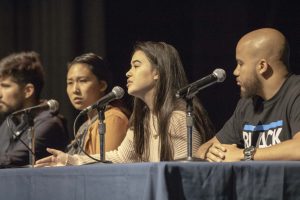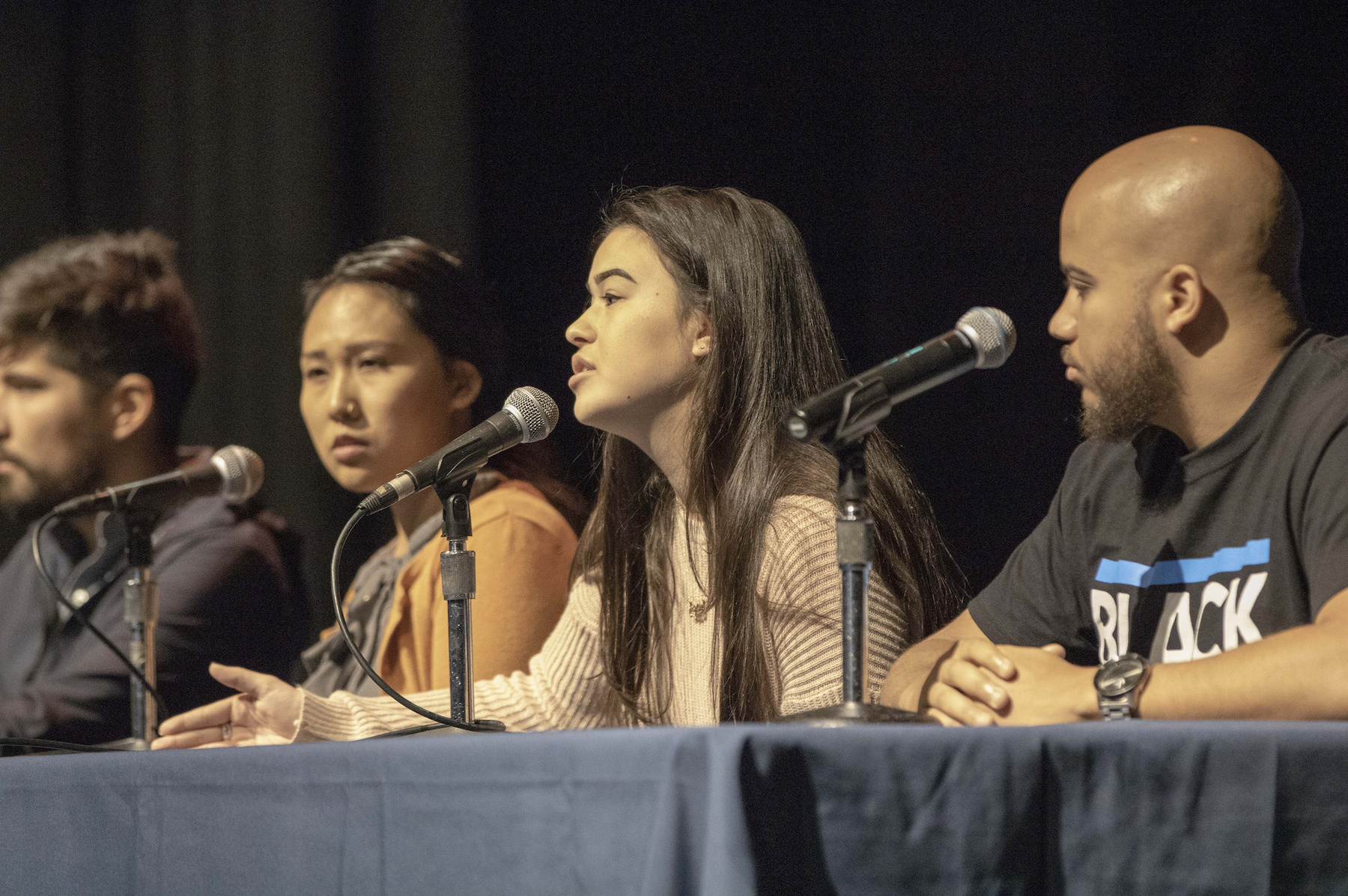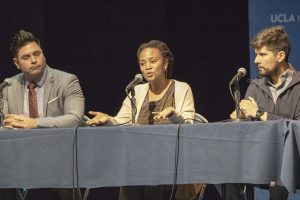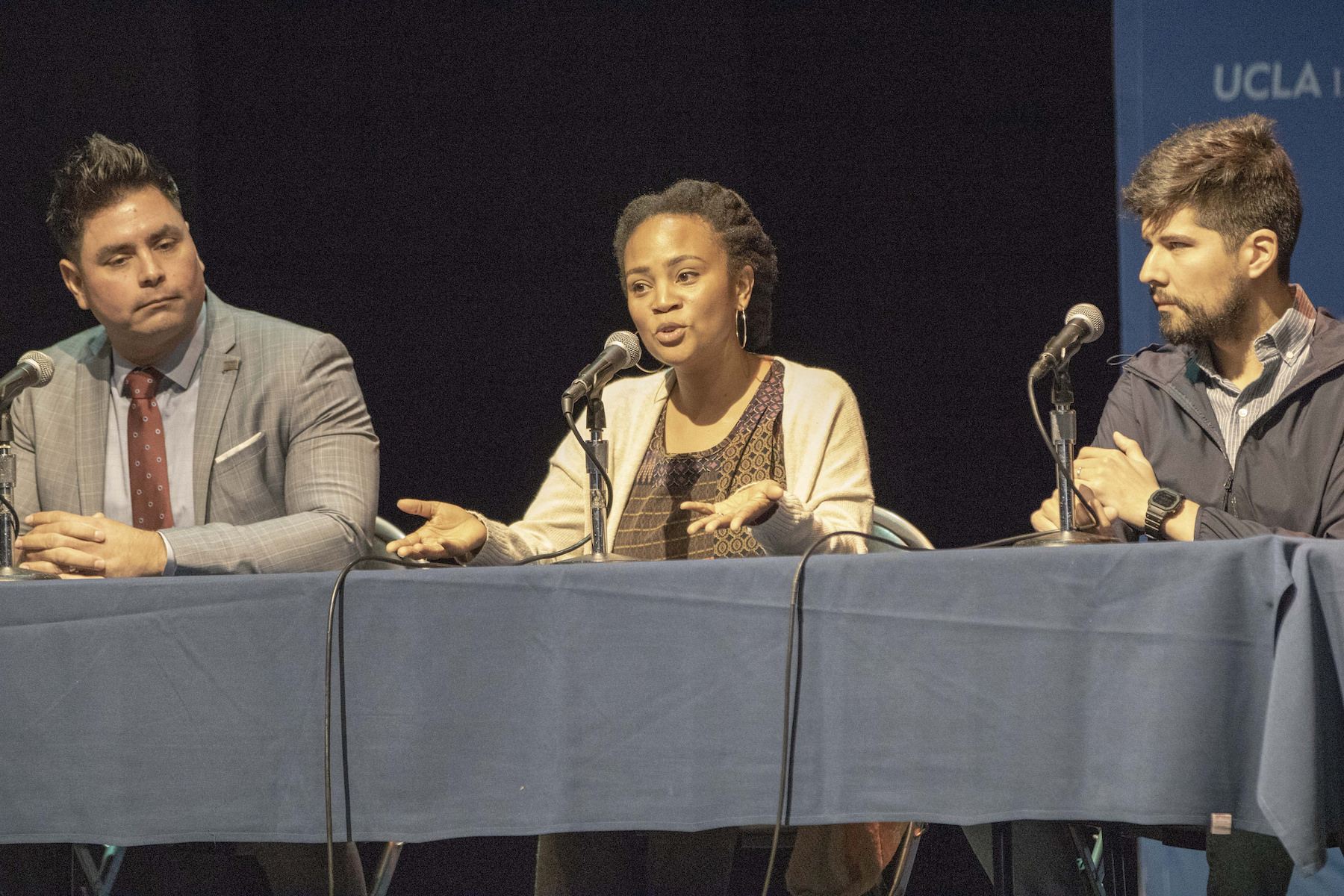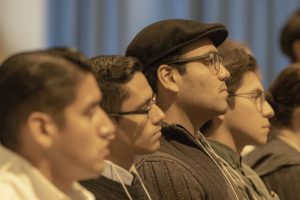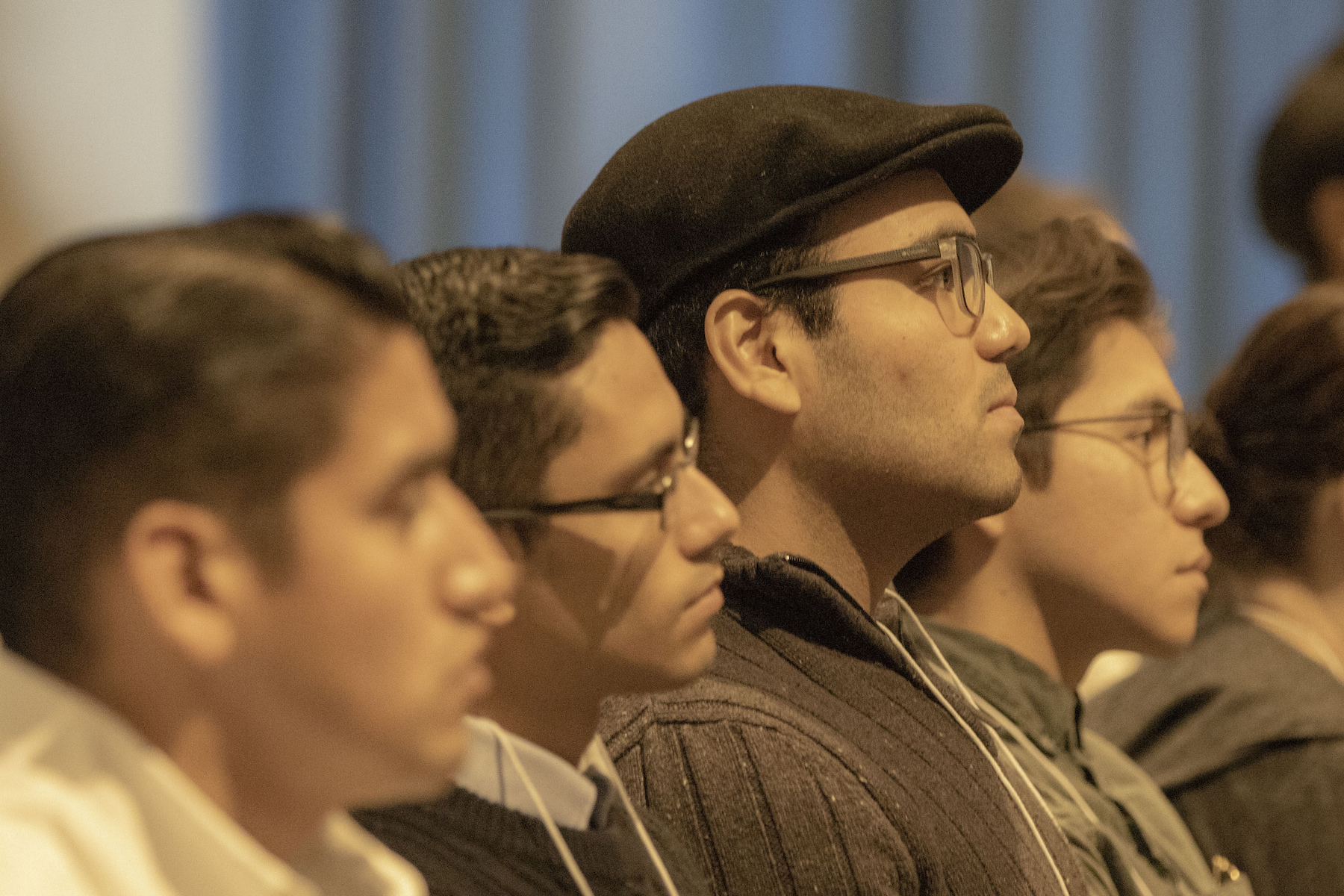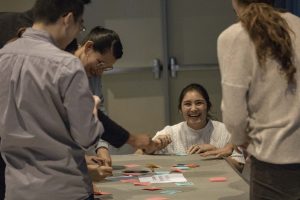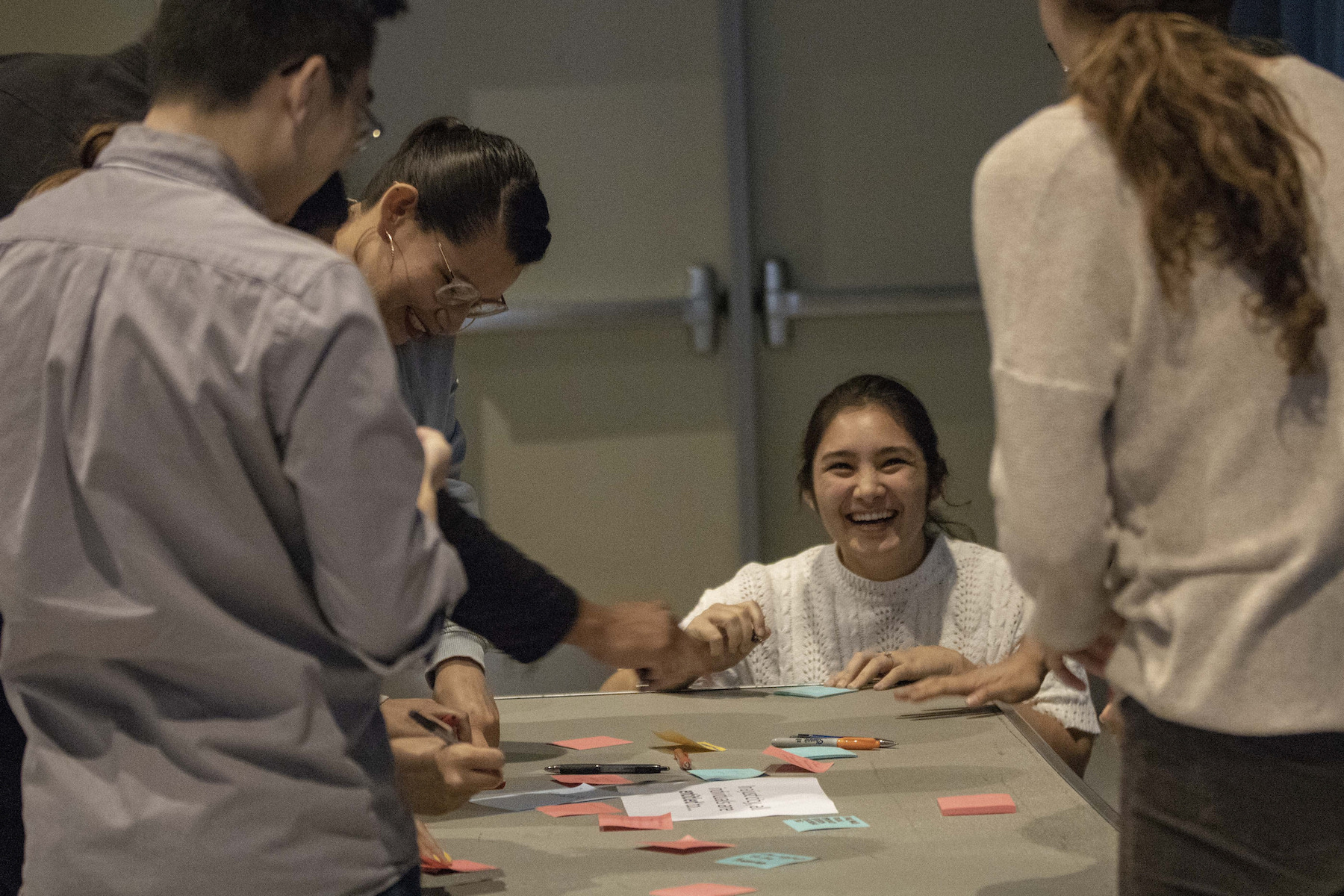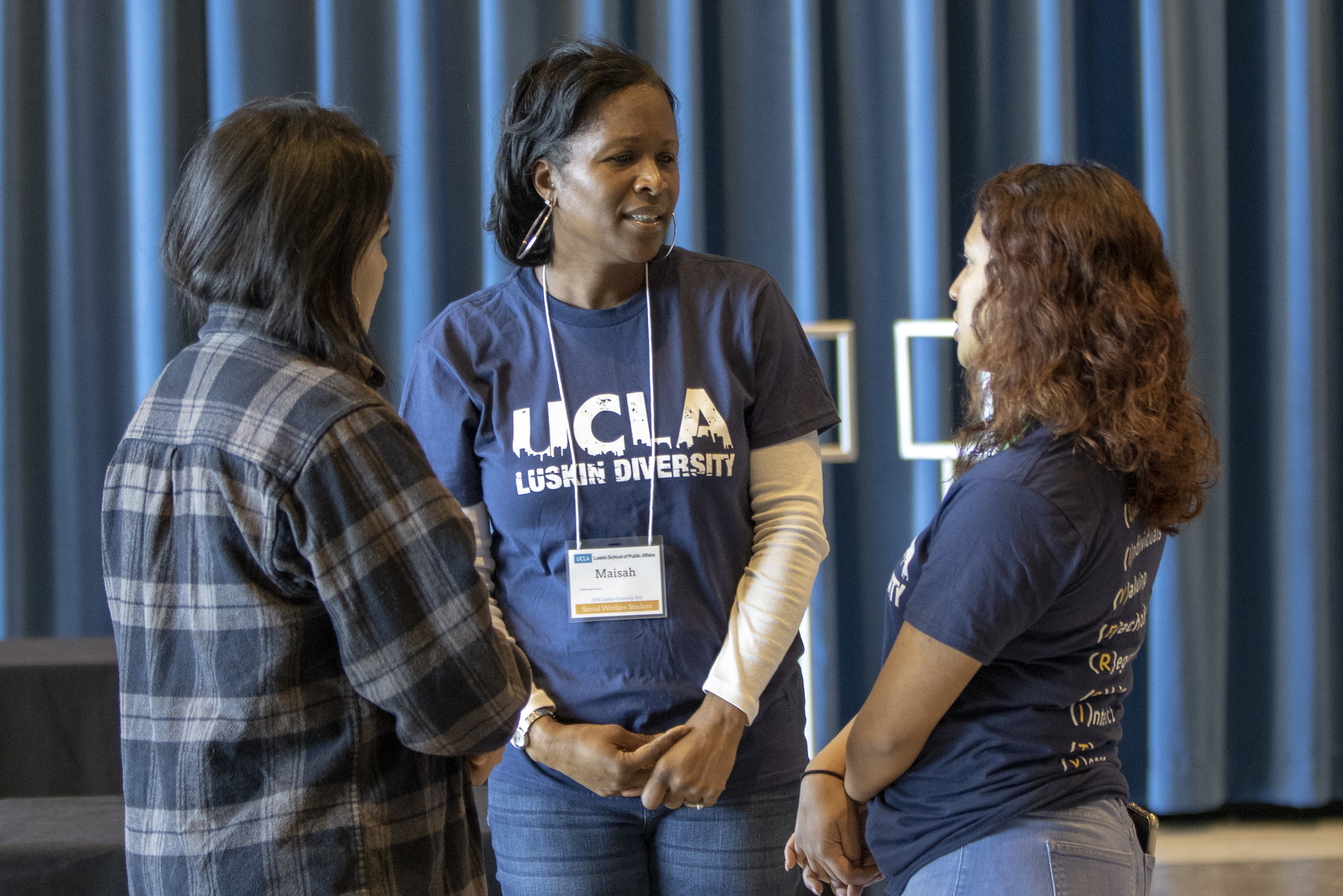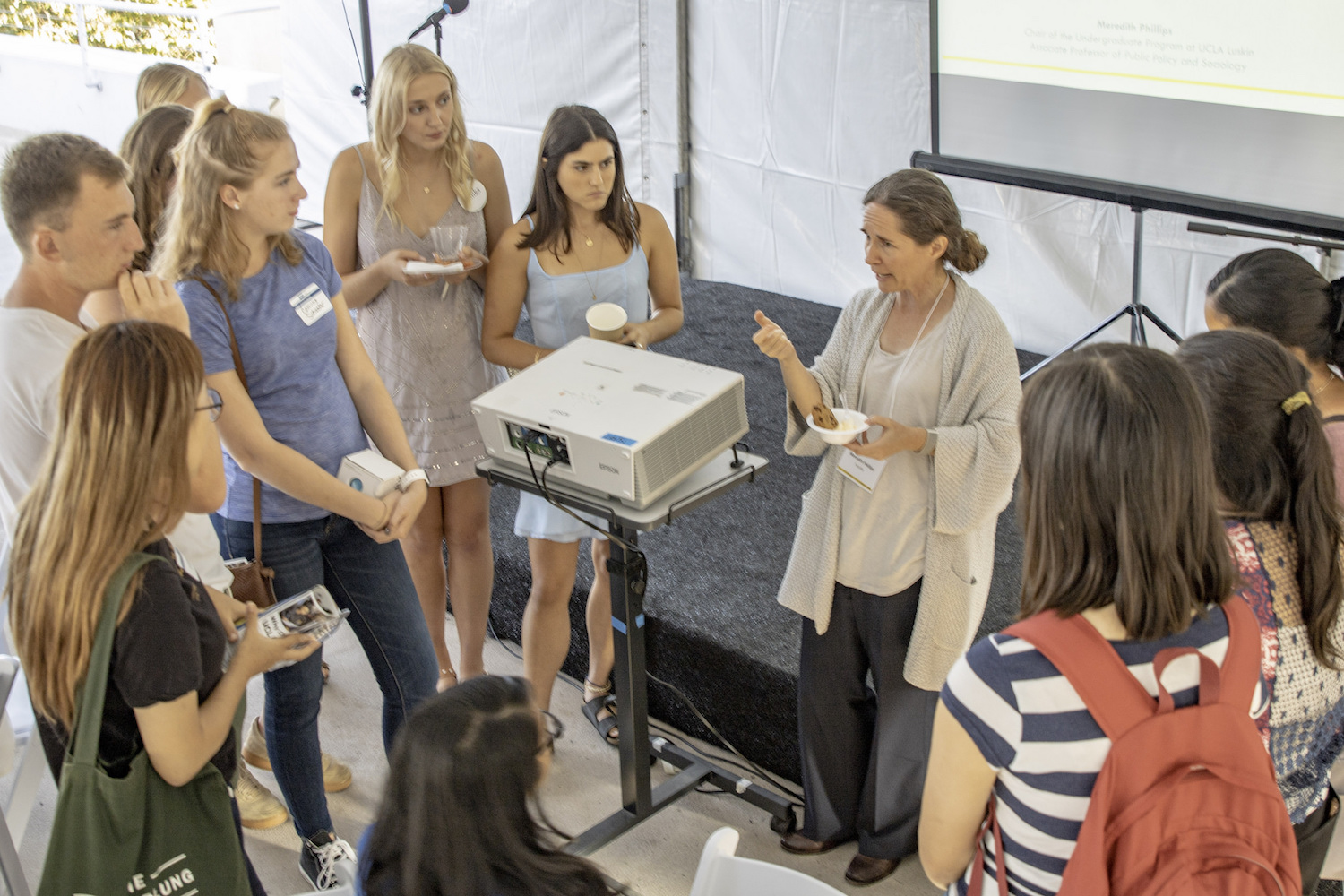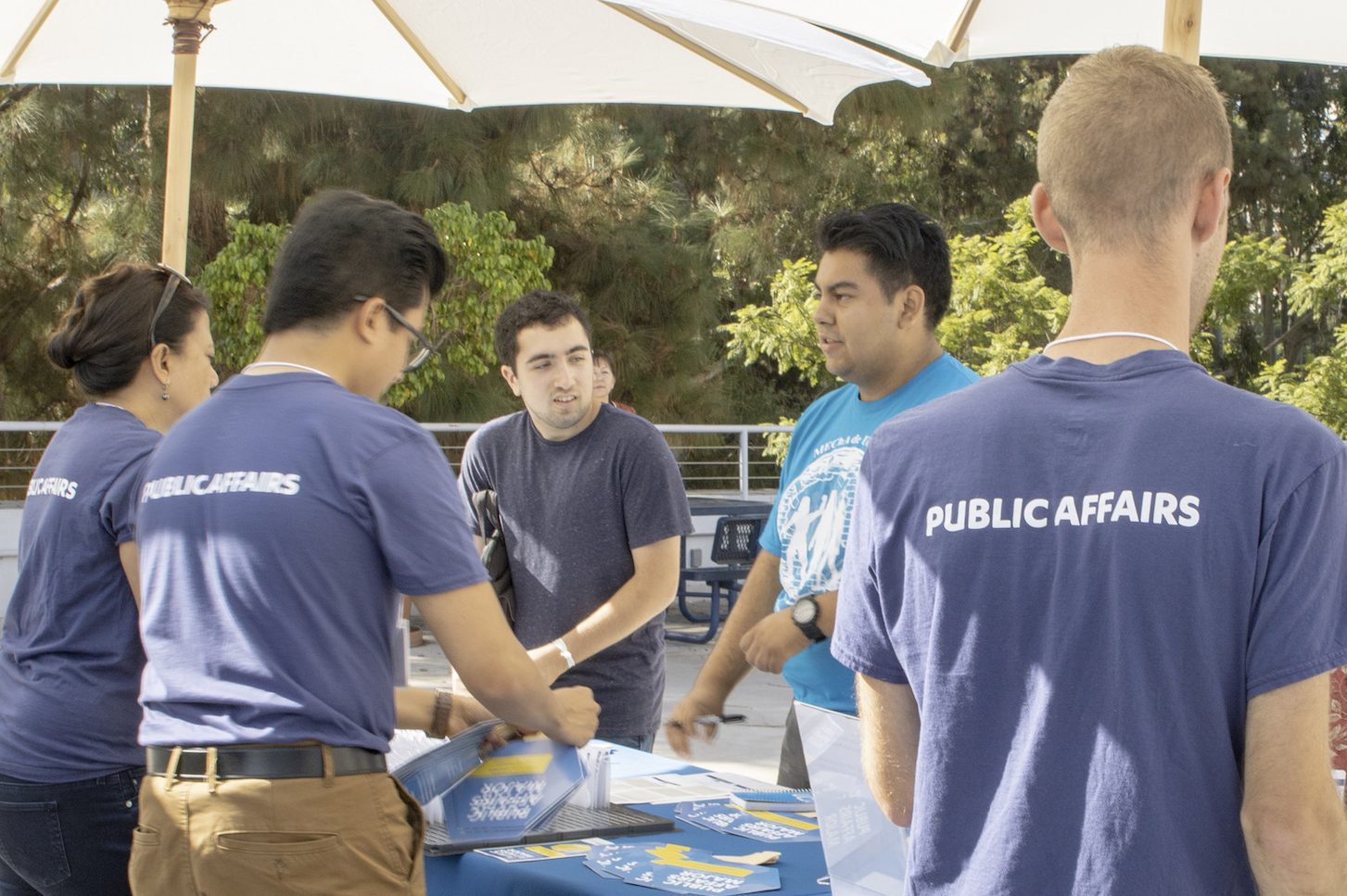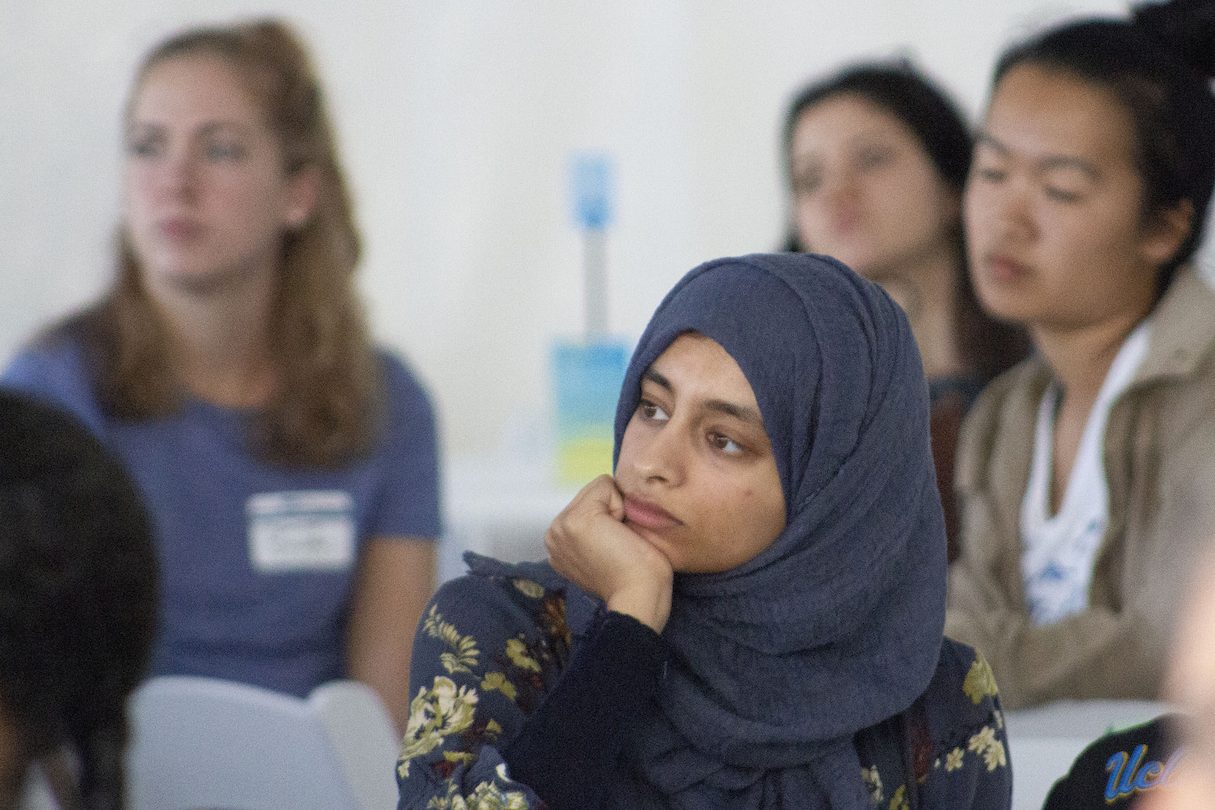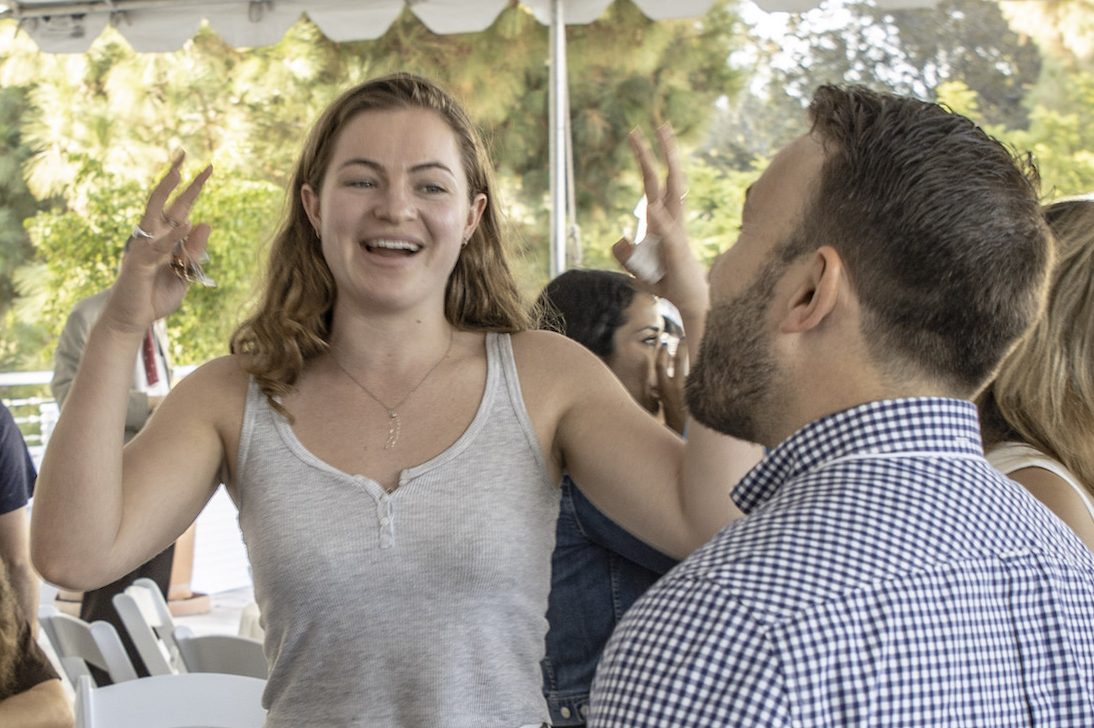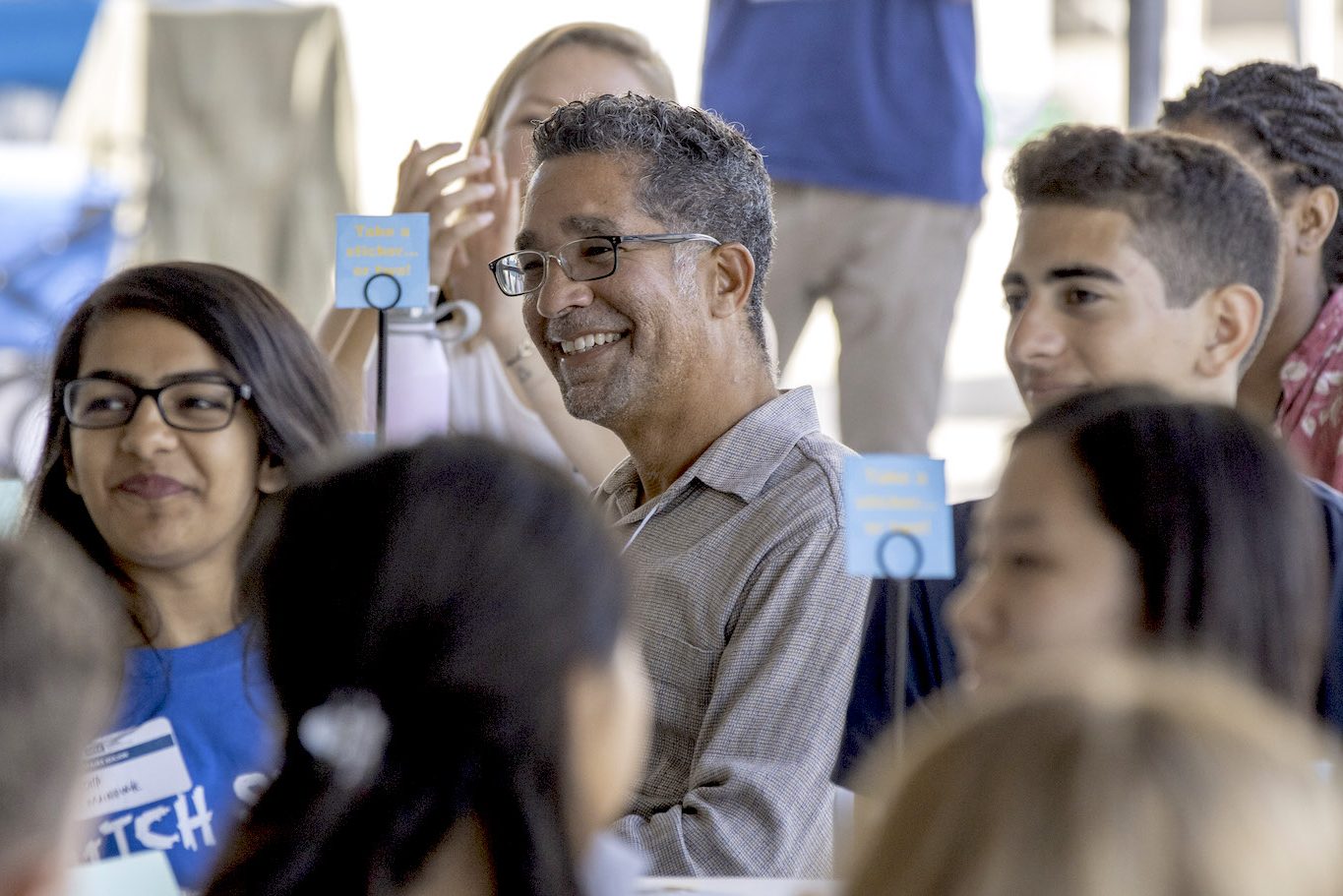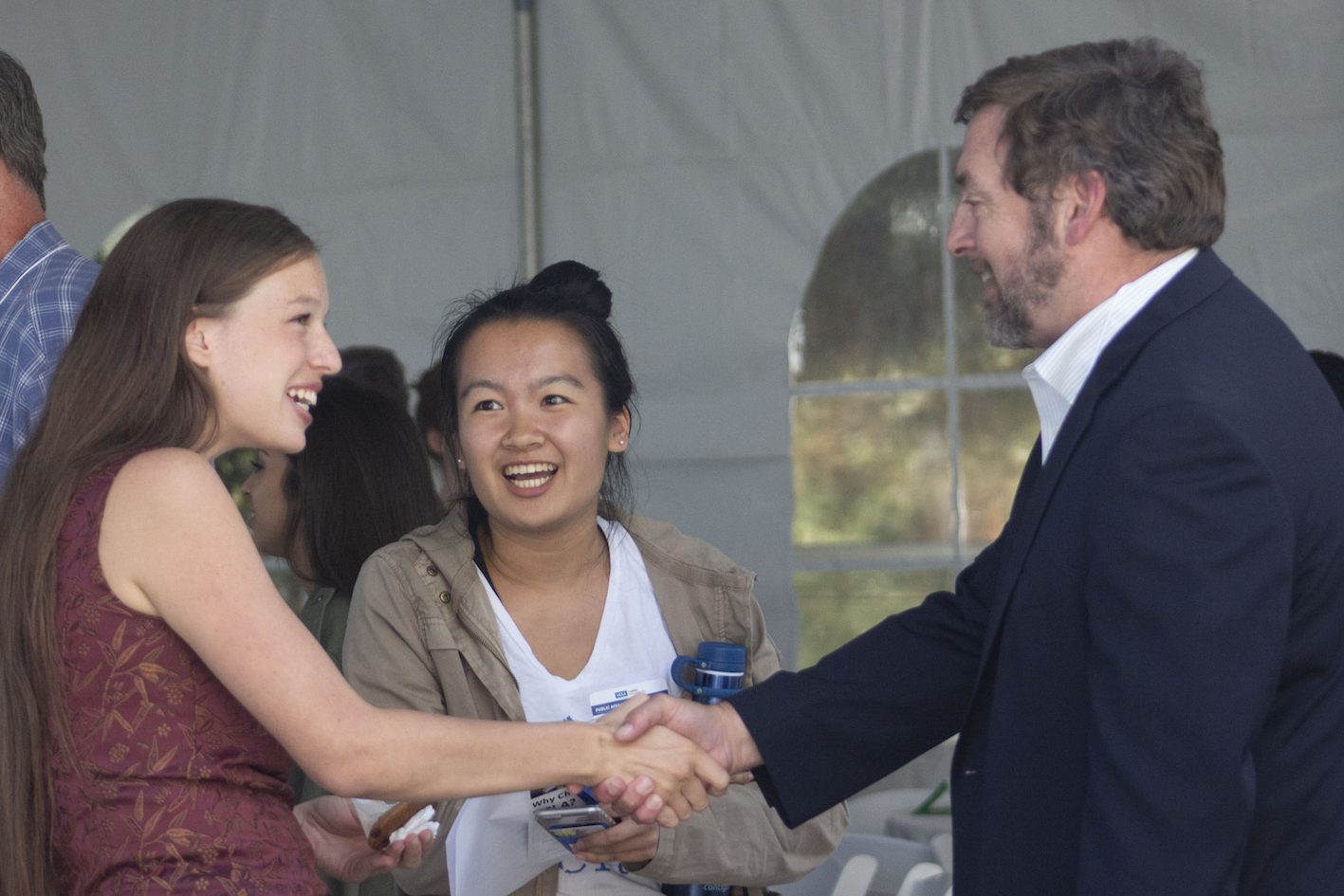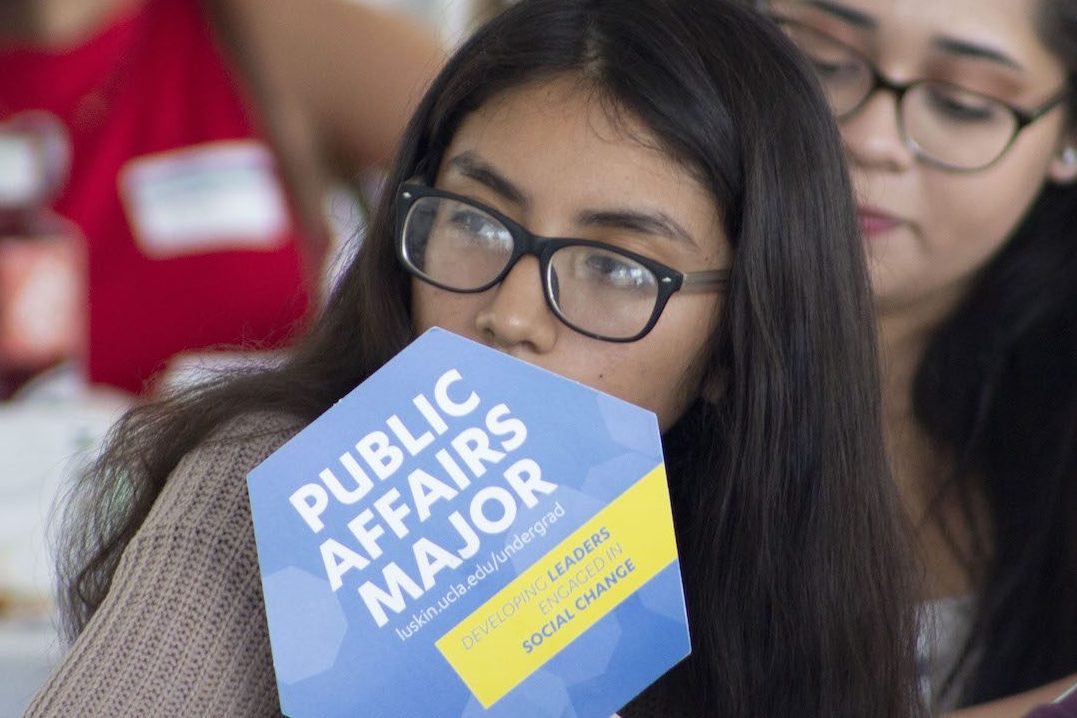School Safety Expert Is Among 4 New Faculty Additions
By Stan Paul
Three new faculty members in social welfare and one in urban planning joined UCLA Luskin as of the fall quarter.
They bring to 19 the total number of new faculty added during the tenure of Dean Gary Segura to UCLA Luskin’s three professional programs and its undergraduate major.
Joining social welfare: Professor Ron Avi Astor, an expert on bullying and school violence; Assistant Professor Cindy Sangalang, who examines how race, migration and culture intersect to shape health and well-being in immigrant and refugee communities; and Assistant Professor Lee Ann Wang, whose current work looks at the intersection of immigration law and criminalization through gender and sexual violence.
New to urban planning is Assistant Professor Veronica Herrera, who studies the politics of development in Global South cities, with a focus on Latin America. Her research emphasizes environmental policymaking, sustainability and water policy.
Astor holds a joint appointment as professor in the UCLA Graduate School of Education and Information Studies, and Sangalang and Wang have joint appointments as assistant professors in Asian American Studies.
Astor holds the Marjorie Crump Chair in Social Welfare. His work examines the role of the physical, social-organizational and cultural contexts in schools related to different kinds of bullying and school violence. Examples include sexual harassment, cyber bullying, discrimination, hate acts, school fights, emotional abuse, weapon use and teacher/child violence. His most recent co-authored book on the subject, “Bullying, School Violence, and Climate in Evolving Contexts: Culture, Organization, and Time,” was published last January.
“Bullying is such a big term that it gives us a lot of room,” said Astor, whose first studies related to bullying and school violence tied to vulnerable groups such as homeless and foster children. “So being in these literatures you realize that some of the research has been more generic, so it does matter if it’s LGBTQ or if it’s military kids, or homeless or foster kids … because the dynamics are a little bit different.”
His research is cross-cultural and makes comparisons between the United States and other places, including such countries as Israel, China, Cameroon and Kosovo.
“Professor Astor is one of the foremost experts in the world on how to cultivate safe and nurturing schools for children around the globe,” said Professor Laura Abrams, chair of social welfare. “This research is critical to social work as schools play a major role in shaping key child outcomes.”
Astor is a Southern California native who came to UCLA after a long research and teaching appointment at the University of Michigan and, more recently, at USC.
